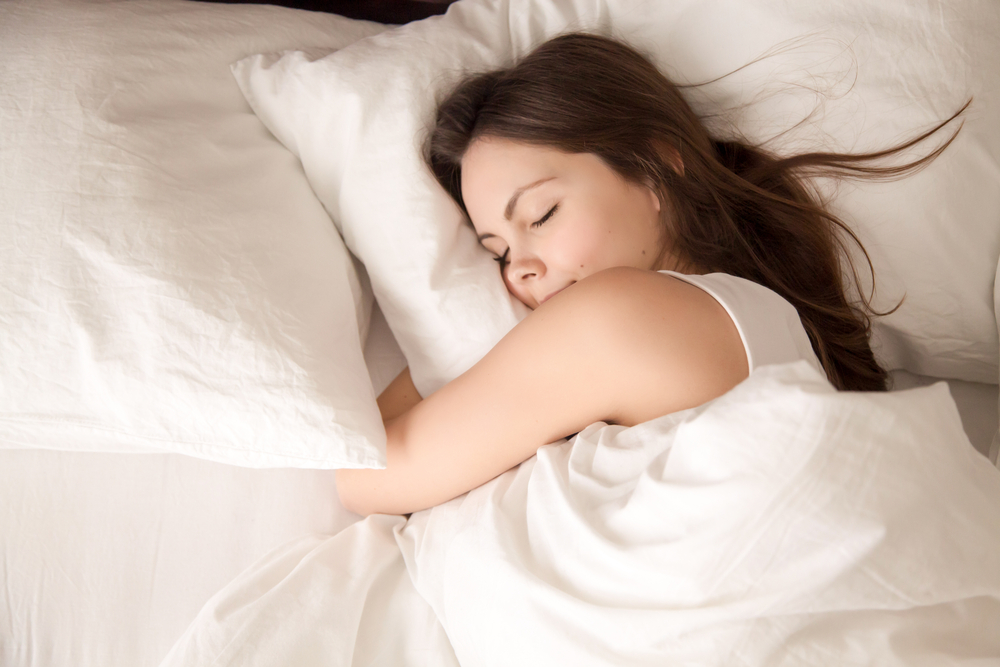Current clinical guidelines only lightly touch on exercise as a sleep aid. This study, however, provides robust evidence that movement-based treatments can stand alone as primary interventions not just supporting therapies.
Others are reading now
A new study published in BMJ Evidence-Based Medicine reveals that certain types of exercise like yoga, tai chi, walking, or jogging, may be among the most effective ways to combat insomnia.
With insomnia affecting up to 22% of people globally and often tied to serious health risks, these findings offer a compelling alternative to medication or hard-to-access therapies.
Why Traditional Insomnia Treatments Fall Short

While drug treatments can offer short-term relief, they often come with side effects. Cognitive behavioral therapy (CBT), though effective, is frequently out of reach due to a shortage of trained professionals
As a result, many sufferers are left without sustainable options. That’s why researchers set out to determine which forms of exercise could truly make a difference.
Inside the Study: Comparing 13 Sleep Interventions
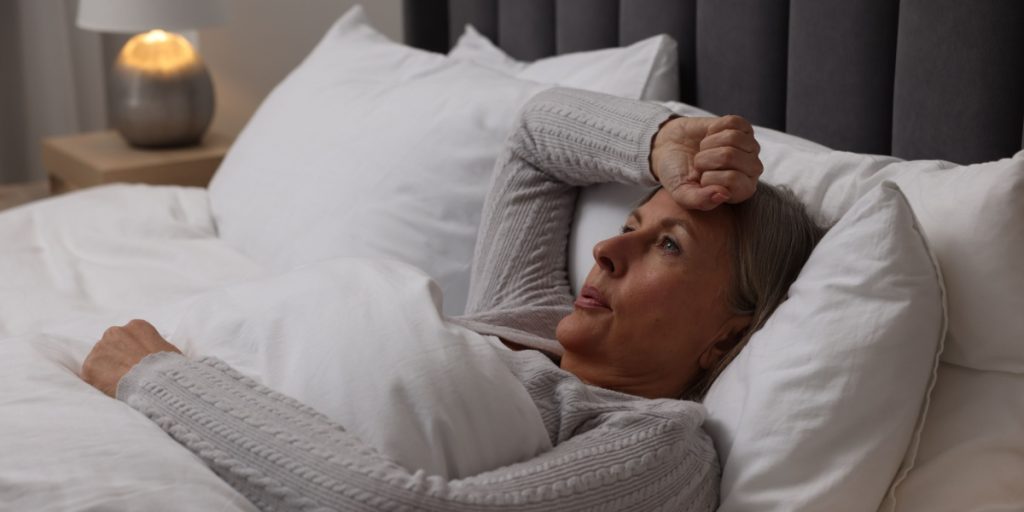
The team analyzed 22 randomized clinical trials involving 1,348 people. Seven of the 13 approaches were exercise-based, including yoga, tai chi, walking/jogging, and combinations of aerobic and strength training.
Also read
These programs lasted anywhere from 4 to 26 weeks, and were evaluated using gold-standard sleep quality and insomnia scoring systems.
Yoga’s Impressive Sleep-Boosting Benefits
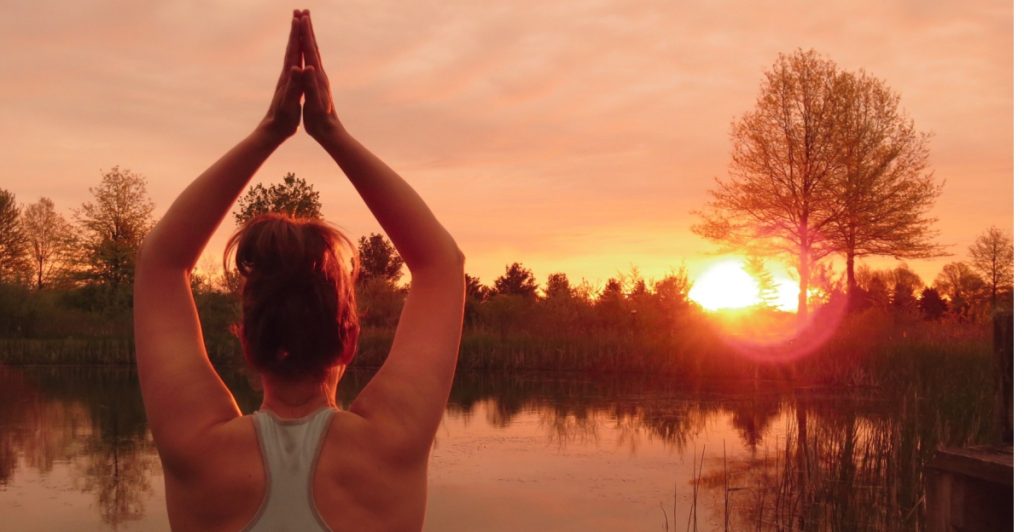
Yoga emerged as a standout. Participants who practiced yoga experienced up to two additional hours of sleep, improved sleep efficiency by nearly 15%, and fell asleep about 30 minutes faster.
Researchers believe the practice’s blend of movement, breathwork, and mindfulness helps quiet the anxiety and low mood that often fuel insomnia.
Tai Chi: Gentle Movement, Powerful Results
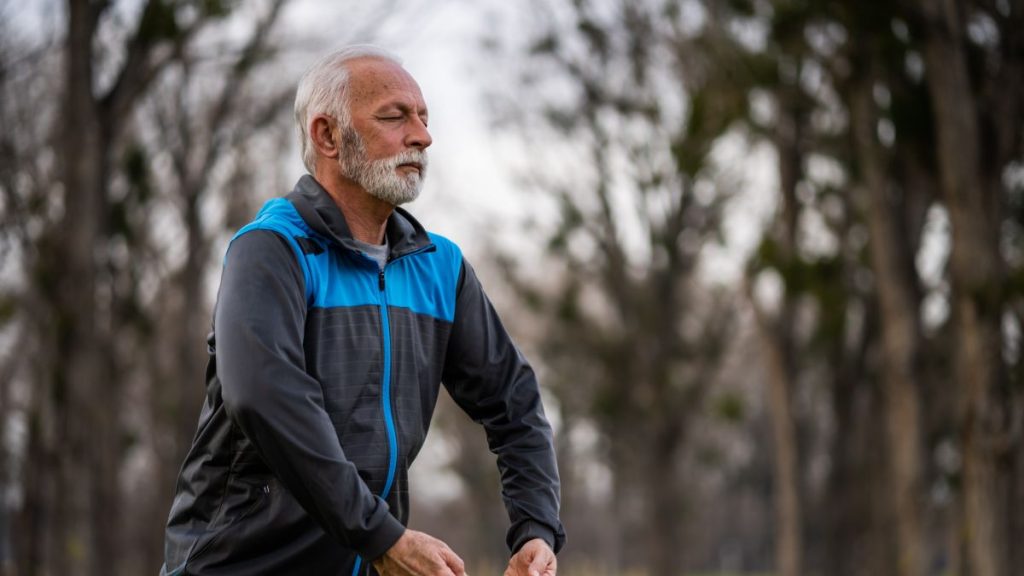
Tai chi wasn’t far behind. It improved sleep quality by more than four points, extended total sleep time by 50 minutes, and reduced wakefulness after falling asleep by over 30 minutes. Unlike more strenuous activities, tai chi’s slow, mindful motions may be especially well-suited for those with chronic stress or limited mobility.
Walking and Jogging: Accessible Paths to Better Sleep
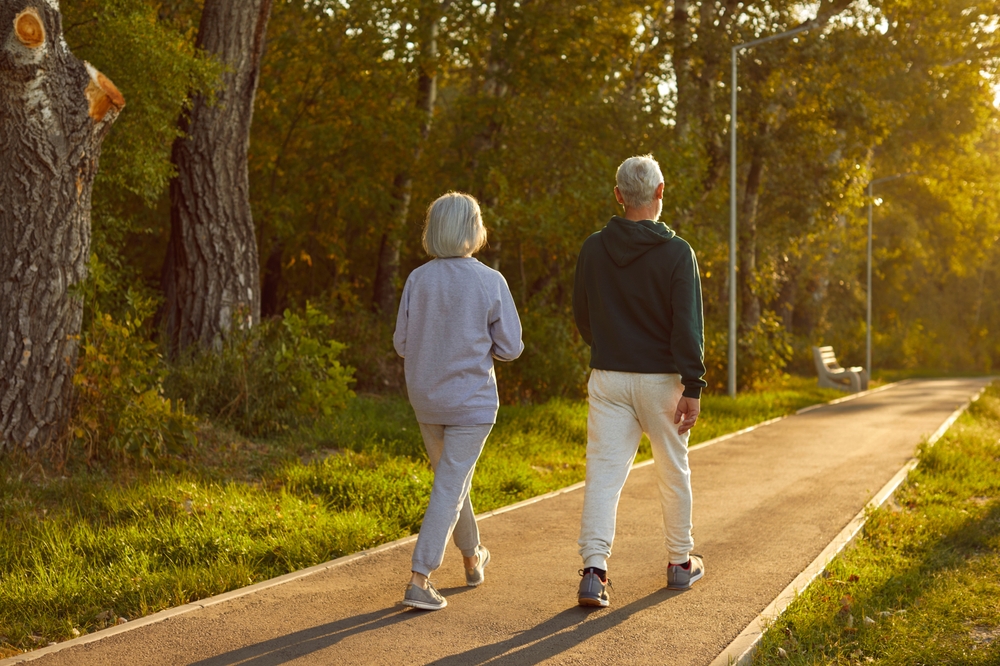
Even light aerobic exercise made a clear impact. Walking or jogging reduced insomnia severity scores by nearly 10 points, making it one of the simplest yet most effective interventions. With no equipment needed, this option could be a game-changer for those seeking low-barrier solutions.
Also read
How Exercise Stacked Up Against Other Therapies
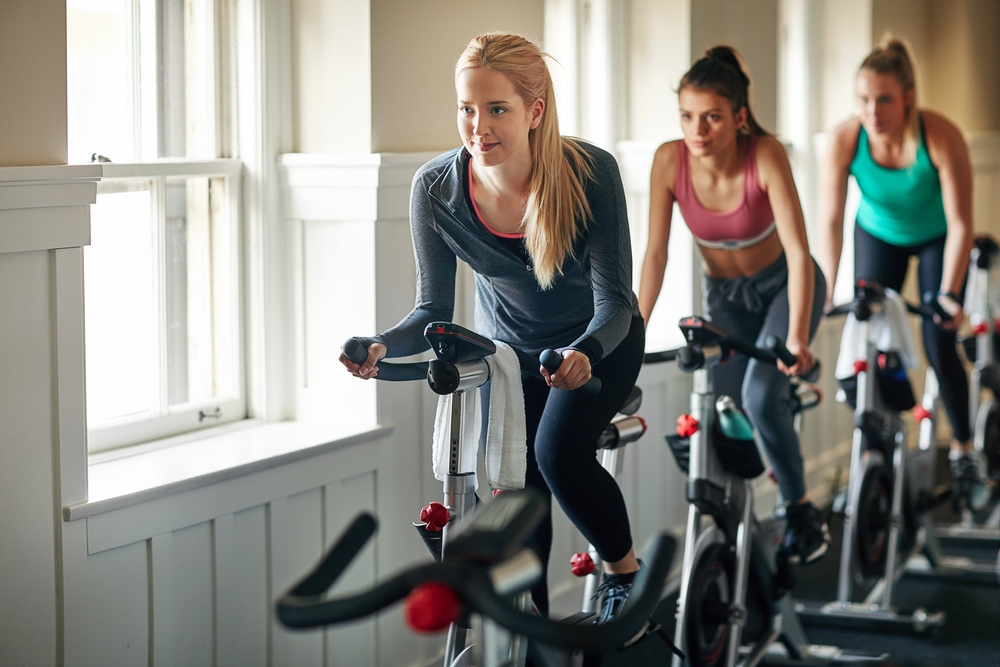
CBT still showed strong results, improving sleep duration and efficiency while reducing nighttime wakefulness and the time it takes to fall asleep. But tai chi and yoga, in particular, outperformed standard treatments in several categories and held their benefits for up to two years.
Rethinking Clinical Advice on Insomnia
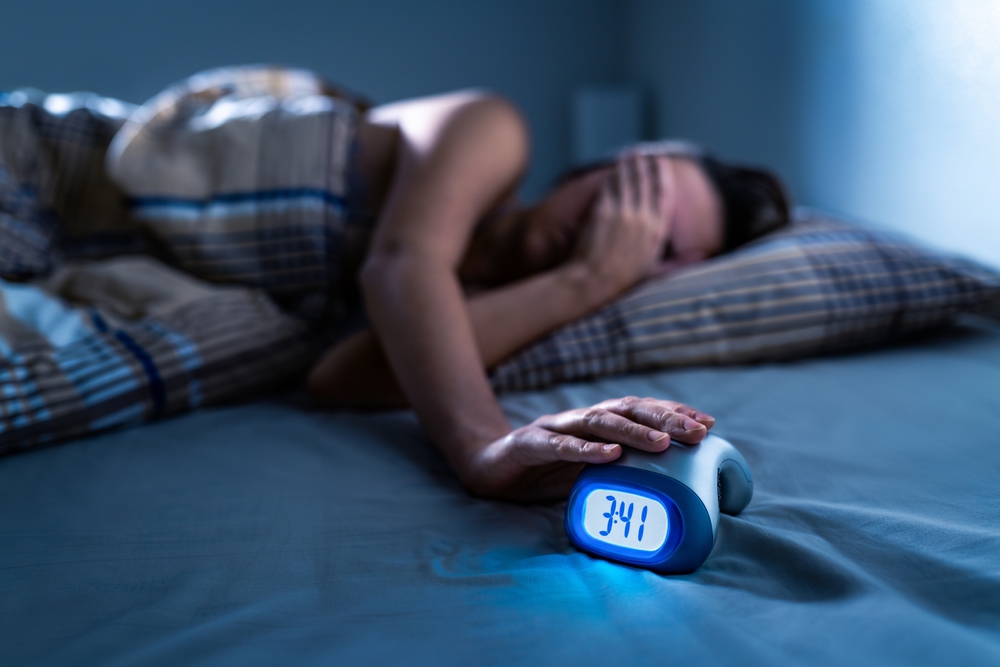
Current clinical guidelines only lightly touch on exercise as a sleep aid. This study, however, provides robust evidence that movement-based treatments can stand alone as primary interventions not just supporting therapies. It marks a shift toward more practical, patient-friendly care.
Moving Toward Restful Nights—Your Way
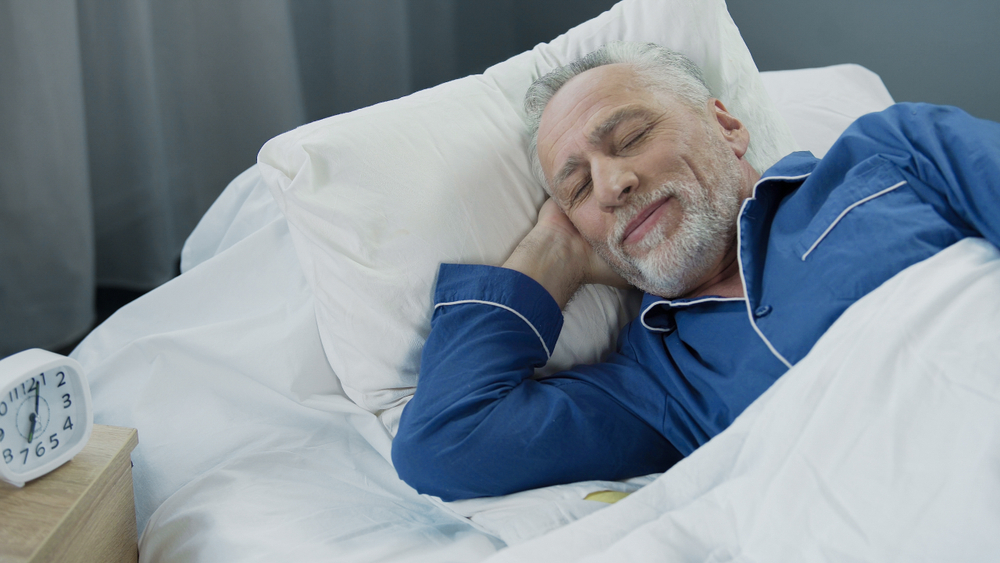
Whether you prefer a calming yoga flow, a meditative tai chi routine, or a brisk evening walk, the best sleep therapy may be the one you can stick with.
This research empowers individuals and clinicians to choose natural, accessible solutions to finally put insomnia to bed.

